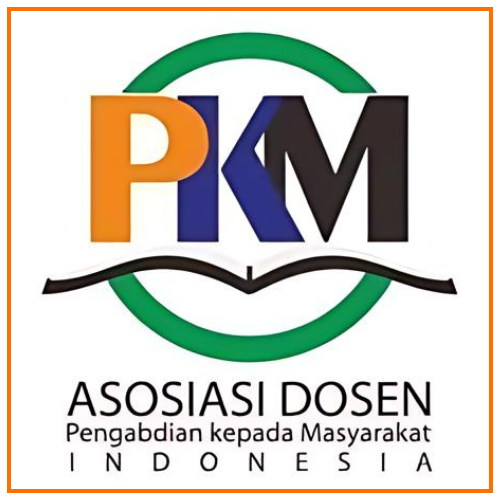The Effectiveness of Critical Evaluation and Questioning Techniques to Increase Students' Critical Thinking Skill: A Case Study
Abstract
Keywords: Critical thinking; Critical evaluation; Questioning techniques.
Full Text:
PDFReferences
Alwehaibi, H. (2012). Novel program to promote critical thinking among higher education students: Empirical study from Saudi Arabia. Asian Social Science, 8(11), 193-204. doi:10.5539/ass. v8n11p193.
Braun, V. and Clarke, V. (2006) Using thematic analysis in psychology. Qualitative Research in Psychology, 3 (2). pp. 77-101. ISSN 1478-0887.
Organization for Economic Co-Operation and Development. (2008). 21ST-century learningË Research, innovation and policy directions from recent OECD analysis.
Poore, M. (2016). Using social media in the classroom, 2nd ed. Washington D.C.Ë SAGE Publications Ltd.
Ritchhart, R., & Perkins, D. (2008). Making thinking visible, Educational Leadership, 65(5), 57-61.
Tan, C. (ed.). (2007). Engaging films and music videos in critical thinking. Singapore: McGraw-Hill Companies.
Trilling & Fadel (2009). 21st-century learning skills. San Francisco, CA: John Wiley & Sons.
Verderber, F., et.al. (2015). The challenge of effective speaking in a digital age. USAË Cengage Learning.
Wa-Mbaleka S.W. and Gladstone R.K. (2018)., Sampling Strategies in Qualitative Research., Qualitative research for senior high school. OikosBiblios Publishing House, Cavite, 65.
Warren, J. and Fassett, D. (2015). Communication: A critical/cultural introduction (2nd ed.). Washington D.C.: SAGE.
Yin, R. K. (2002). Case study research: Design and methods. Thousand Oaks, CA: SAGE Publications.
DOI: https://doi.org/10.37058/jelita.v1i1.4283
Refbacks
- There are currently no refbacks.








Journal of Education, Language Innovation, and Applied Linguistics
Lembaga Penelitian, Pengabdian Kepada Masyarakat dan Penjaminan Mutu Pendidikan (LP2M-PMP) Universitas Siliwangi
Jalan Siliwangi Number 24, Kota Tasikmalaya - 46115
West Java, Indonesia










